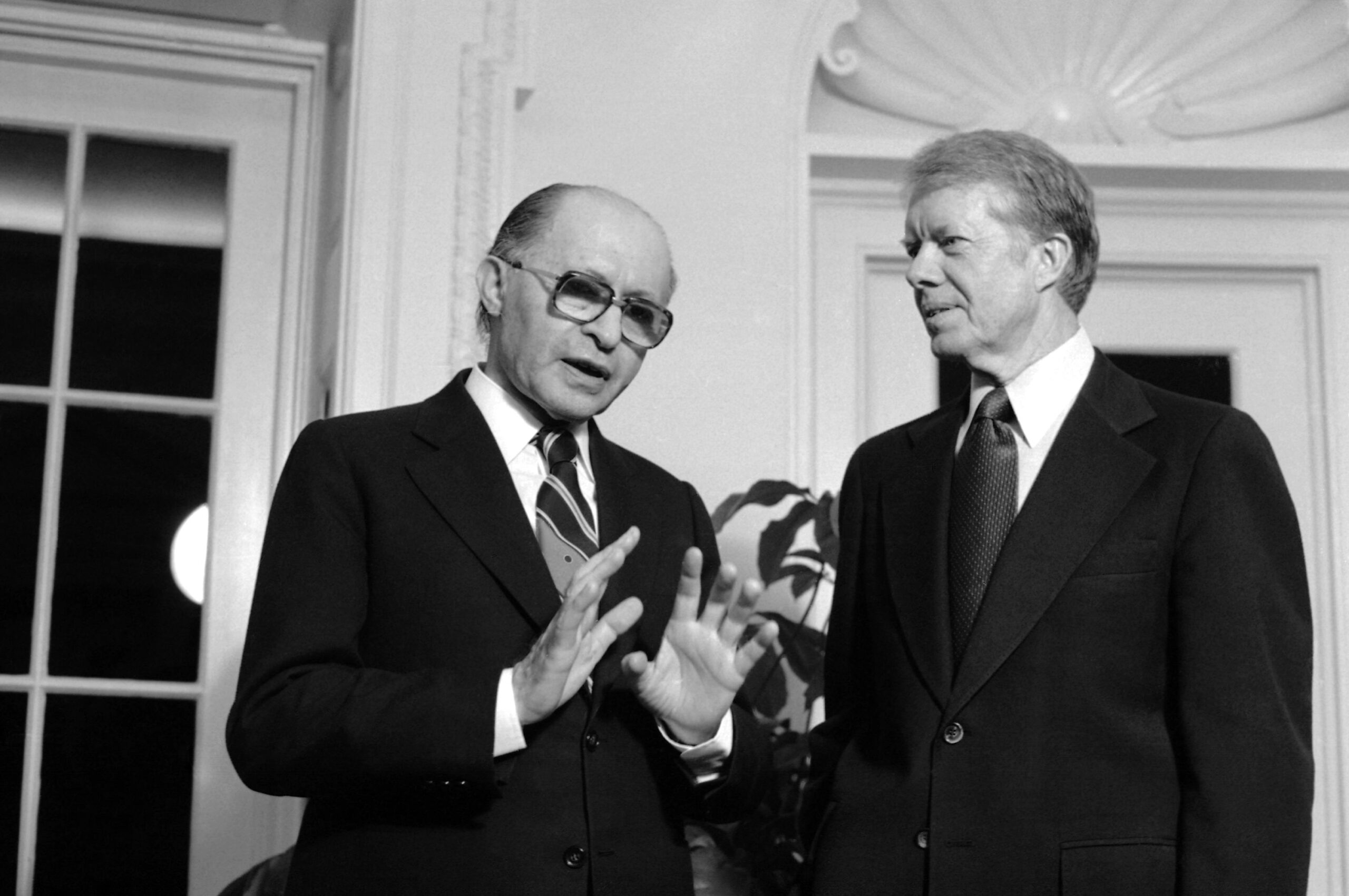As the budget crisis threatens to bring the State of Israel to yet another national election, several recent polls have indicated that such a vote could significantly change the country’s political map.
Using one poll conducted this week by Panels Politics for Maariv as an example, Prime Minister Binyamin Netanyahu’s ruling Likud party would receive 29 Knesset mandates, down seven from its current strength of 36.
Defense Minister Benny Gantz’s Blue & White faction would fall from 14 to 9 seats.
According to this poll, the Joint List coalition of mostly Palestinian parties would receive 14 seats, down one from its current 15.
The same poll shows United Torah Judaism and Shas at 7 and 8 mandates, respectively, with Avigdor Lieberman’s Yisrael Beiteinu party climbing from its current 7 to 9.
Like all recent polls, this one doesn’t bode well for the classic Liberal Zionist parties, with Meretz receiving 5 seats and Labor – the State of Israel’s ruling party from 1948-1977 – not making it into Knesset at all for the first time in the nation’s history.
But another Liberal Zionist faction, Yair Lapid’s Yesh Atid-Telem, polled at 20 seats, projecting the highest number of mandates after Likud.
Although this might appear to position Lapid as Netanyahu’s main political rival for the premiership, the larger threat might actually come from Naftali Bennett, whose Yamina faction climbed from its current 5 mandates to 19 seats in the poll.
Several recent polls have actually been giving Yamina close to 20 seats and when respondents are asked the best candidate for prime minister, Bennett has frequently been listed second or third after Netanyahu.
Following the prime minister’s betrayal of Yamina when forming the current coalition, faction lawmakers have made it clear they might recommend Bennett over Netanyahu to form the next government, indicating that Bennett might actually see himself as a candidate to lead the nation in the near future.
Despite still polling slightly lower than Lapid, Bennett likely sees himself as having more room to maneuver in forming a coalition. The ḥaredi parties see him as a legitimate partner and even Gantz and Lieberman could potentially work with him if it meant ousting Netanyahu.
Yamina’s dramatic rise in the polls is mostly the result of Bennett’s public image as a decisive man of action, an image earned in his former role as defense minister, specifically through his efforts to tackle the coronavirus crisis. Bennett was constantly coming up with new ideas and executing effective plans, often making bold suggestions that were adopted by the government much later.
But even in the more likely scenario that Yamina doesn’t form but plays a major role in Israel’s next government, its internal contradictions will likely be exacerbated by having to deal with the United States and international pressures to compromise on parts of Israel’s disputed Samaria and Judea regions.
Yamina currently unites two Knesset factions, Bennett’s HaYamin HeḤadash and Betzalel Smotrich’s National Union. While the former is essentially a westernized conservative party, the latter is comprised of ideological Jewish nationalists.
Despite his shallow nationalist rhetoric, Naftali Bennett has shown on several occasions that he lacks a deep Jewish national consciousness where it counts. On the issues that matter most, he might actually be no better than Netanyahu.
Now that he’s experiencing a meteoric rise in the polls, Bennett knowns he can’t afford splitting Yamina. Nor does he need to at this point. But he’s made it clear in the past that he sees the national-religious public as dead weight preventing him from reaching the prime minister’s office.
Naftali Bennett’s political ambitions necessitate him ultimately joining the Likud. If he enters the next Knesset with close to 20 seats at a time when Netanyahu appears to be exiting the political stage, the moment would be ripe for him to rid himself of National Union and merge HaYamin HeḤadash into the ruling party.





